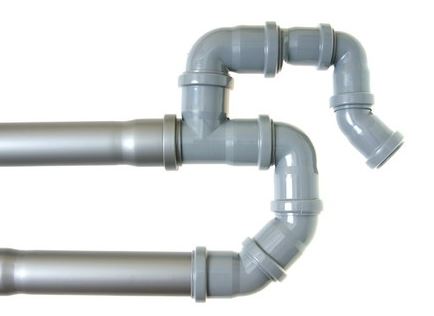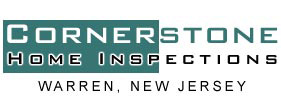 Here’s something you probably don’t want to think about– sewer pipes. Sure, they’re “there,” but they’re not something most people talk about at parties, right?
Here’s something you probably don’t want to think about– sewer pipes. Sure, they’re “there,” but they’re not something most people talk about at parties, right?
Cornerstone Home Inspections is in the business of discovering problems with homes and other buildings, including sewer pipe problems. How would you even know you have them in the first place?
Water Not Draining Properly
First, run the water in your sinks and tubs around the house and see if it drains like it should. If not, there could be a problem.
Foul Odors
Next, have you been noticing a strange stinky smell in the place? That could be a sign there’s a problem somewhere in the pipes.
Strange Pools of Water
Also, look outside and see if anything abnormal is happening on the land near your building, such as pooling of water where there normally isn’t any standing water.
Overused Sewer Pipes and Other Variables
Typically, sewer pipe problems occur when drain lines break, separate or get off-set. This could be due to their old age, overuse, underuse, extreme weather conditions, etc. Even something as seemingly harmless as tree roots can wreak havoc with underground pipes.
How Professional Sewer Inspections Help
In order to truly know what’s “going on down there,” you should pay to have a professional use a sewer camera to evaluate the lines. Thanks to modern technology, high resolution cameras can be put into the pipes via plumbing openings or standard cleanouts. Photos are taken. Distances are measured. The inspector then gives the client a report showing where the exact problem is located on the grass/ground. This method helps avoid unnecessary digging since the problem is pinpointed.
Even something as simple as the slope of the piping can affect how well the water drains. When there’s a positive slope, water flows downward, correctly. Problems can occur when the there’s no slope or negative slope, such that a low area causes clogging.
Obviously, no one wants dirty, stinky water (and debris) to “back up” into their home– it needs to go out to the sewer like it’s supposed to, and Cornerstone Home Inspections can check to make sure that’s the case.
